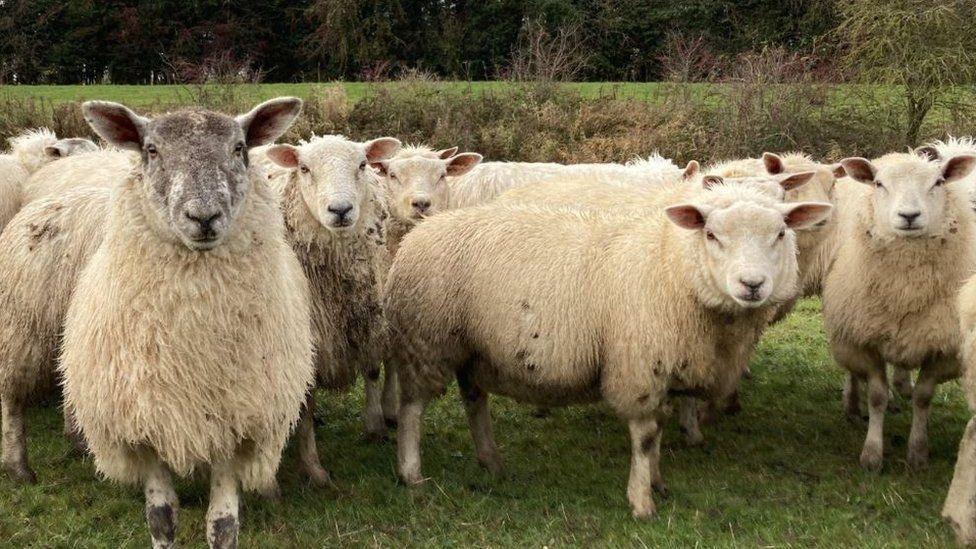Bluetongue virus 'causing farmers stress and anxiety'
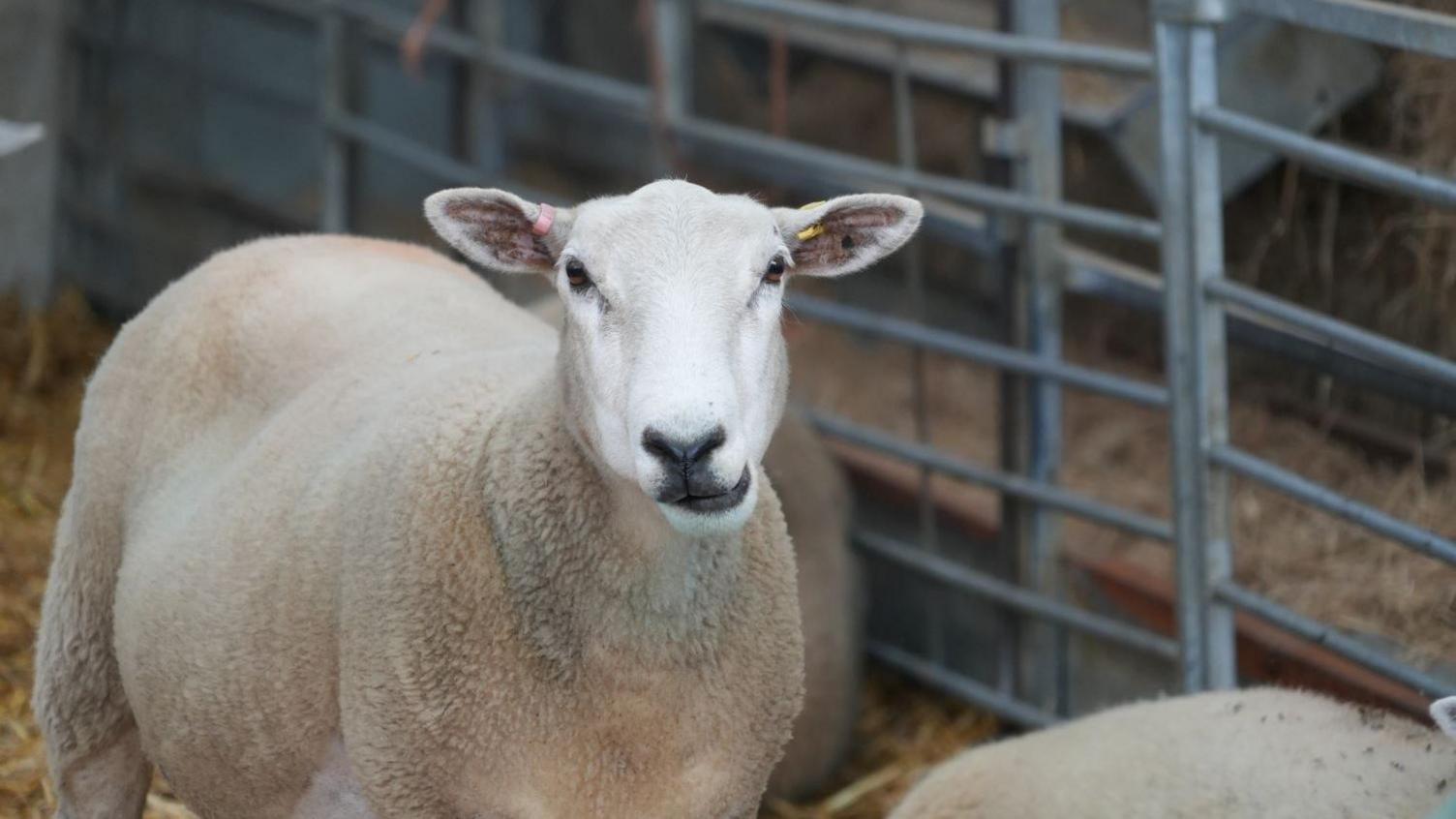
Restrictions controlling the movement of animals are in place across Norfolk and Suffolk
- Published
A deadly virus that affects cattle and sheep is causing farmers additional stress and anxiety, a mental health chaplain warned.
Bluetongue has been detected in 41 animals at 13 premises in Norfolk, Suffolk and Essex, where restrictions on the movement of animals have been imposed.
Graham Miles, a rural and agricultural Anglican chaplain for Suffolk, said farmers faced losing money or having pedigree breeds wiped out.
The UK's chief veterinary officer Christine Middlemiss said officials were trying to find a balance between not further spreading bluetongue and allowing farmers to manage their businesses.
The new restrictions prohibit animals, including cattle, sheep, goats, deer and other ruminants, and camelids such as llamas and alpacas, from moving outside of the restricted zone, external without a specific licence.
Farmers say it restricts which markets they can attend or where they can sell animals for breeding.

Church of England chaplain Graham Miles is a former farmer
"Unfortunately the longer it goes on the more farmers are going to be worried about this," said Mr Miles, from the Church of England's Diocese of St Edmundsbury and Ipswich.
"I can't wave a magic wand. I wish I could, but I'm here to support them. They know they can contact me 24/7."
Mr Miles, who runs a mental health support helpline, external for farmers, said many faced having animals culled.
"If you look at pedigree flocks or pedigree herds it's the breeding, and the generations of breeding, that go back donkeys years," he added.
"For them to lose that, it's just so devastating for them."
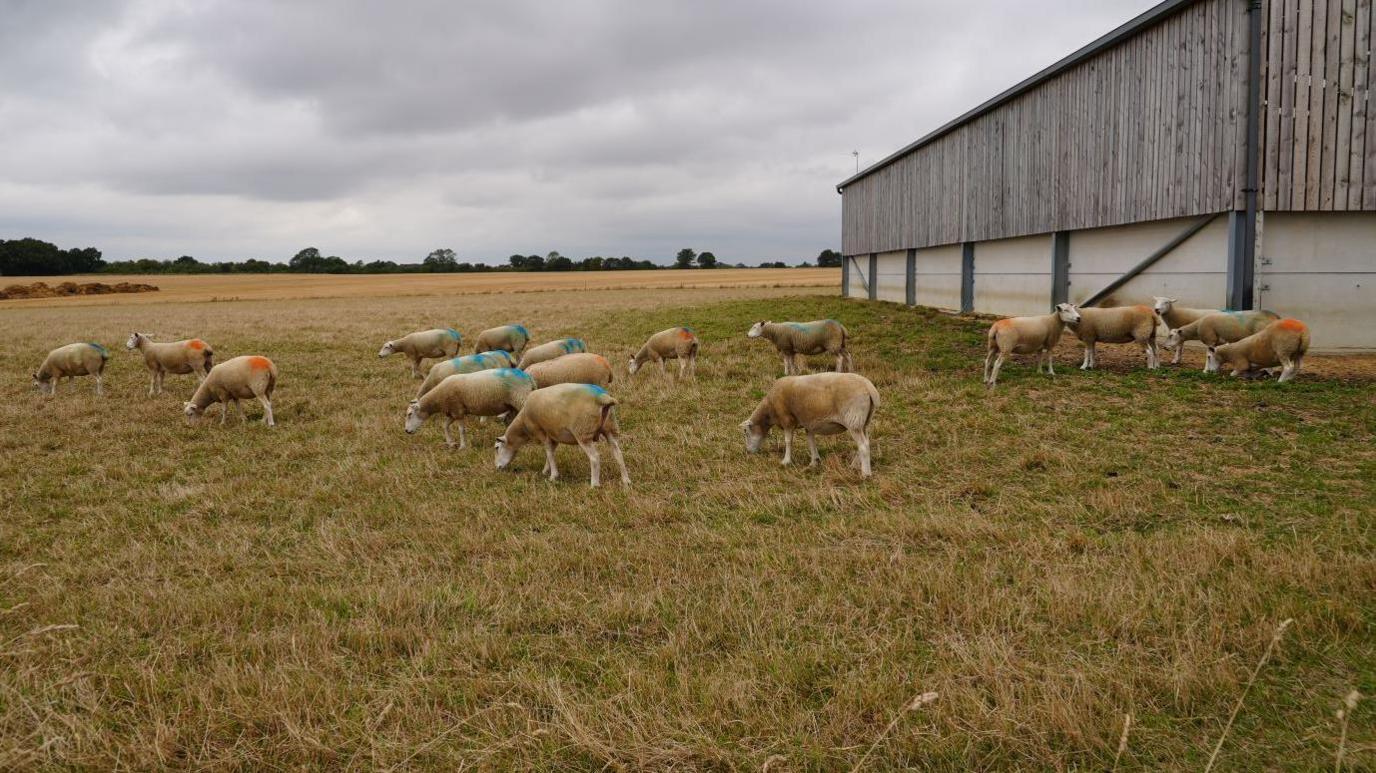
Bluetongue cases were detected in Norfolk and Suffolk last winter when there were 126 cases across four counties in England
Bluetongue can cause infertility and breathing problems in some animals but does not affect people or food safety.
The virus is spread by the bites of midges which are occasionally blown over from the continent during spells of warm weather.
The virus was first detected at a farm close to Haddiscoe, in Norfolk near Beccles, on 26 August, and a 20km (12.4 mile) temporary control zone (TCZ) was put in place.
Restrictions were extended to the whole of Norfolk and Suffolk after more animals tested positive, and on Monday, they were extended further to include Essex.
"Selling lambs for breeding or meat is going to affect everyone down the chain," said Nick Whitehead, a sheep farmer in Old Newton, near Stowmarket, Suffolk.
"Everything has to stay on site... it's just a big worry and there's nothing we can really do."
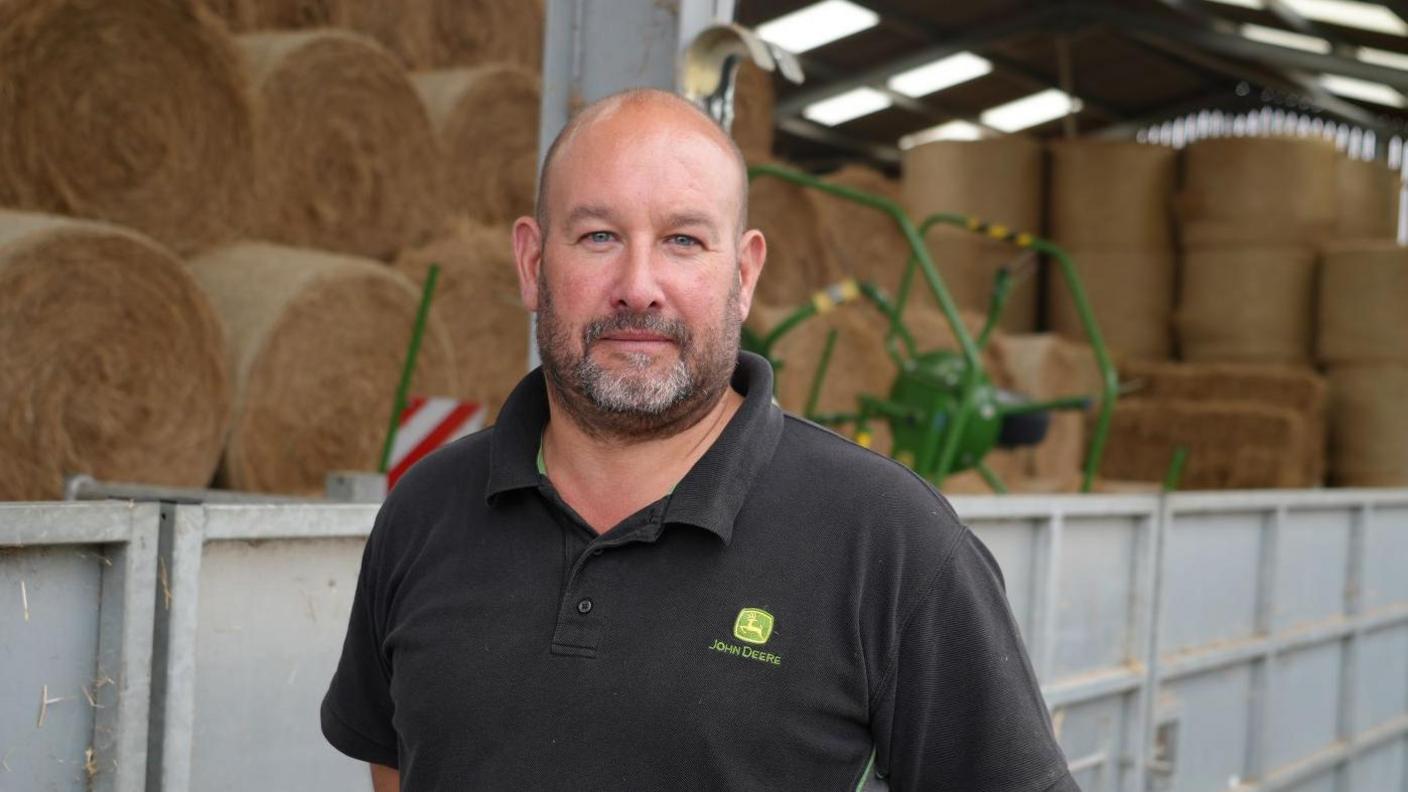
Nick Whitehead says he has a ram that he cannot sell outside of the restricted zone
Norwich Livestock Market postponed its sheep sale, external on Saturday.
Defra said farmers should continue to monitor their animals frequently, external and to report "suspicion of disease" immediately.
"Farmers can help minimise the risk of disease spread by not moving animals within the zone unless they really have to," a statement on the government department's website said.
"Given the current temperatures and midge activity there is a high risk of onward spread in the UK."
Counties deemed high risk by Defra include Norfolk, Suffolk, Essex, Kent and East Sussex.
Get in touch
Do you have a story suggestion for Suffolk?
Follow Suffolk news on BBC Sounds, Facebook, external, Instagram, external and X, external.
Related topics
- Published29 August 2024
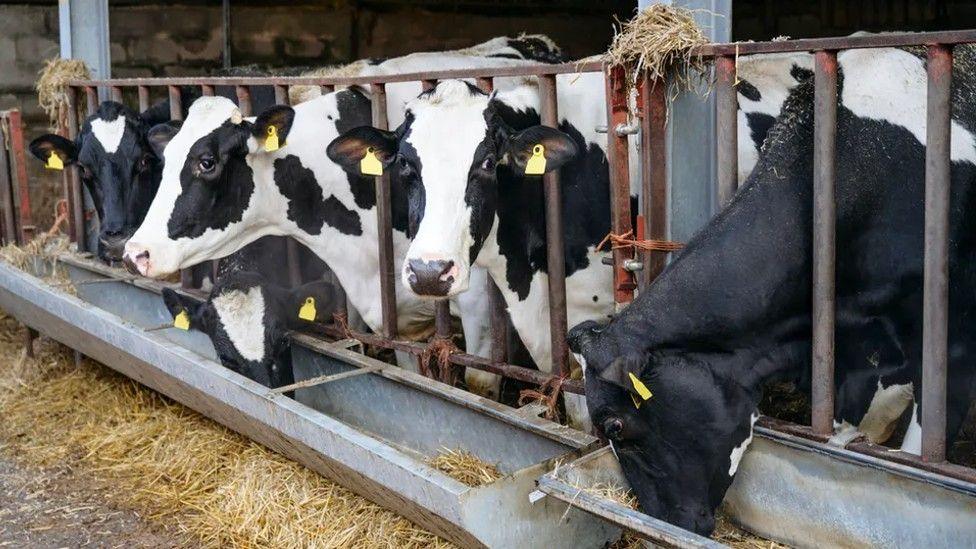
- Published27 August 2024
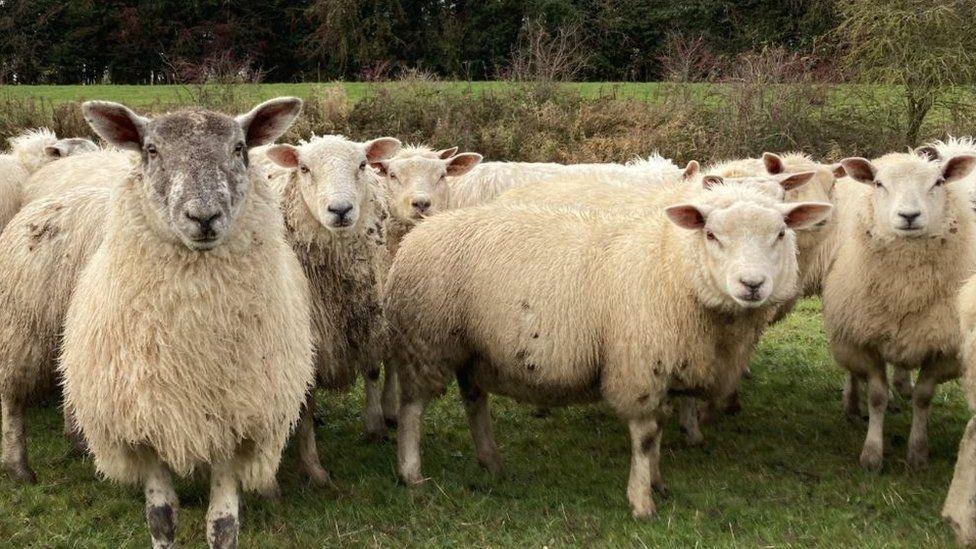
- Published31 August 2024
